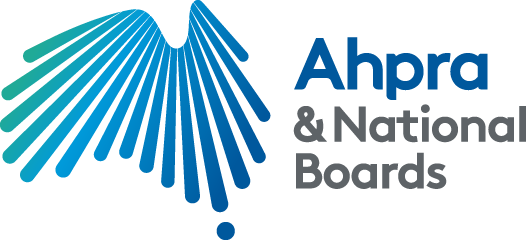We’re still here to help:
We’ve recently upgraded our operating system. Our phones and online enquiries are very busy. You can make an online enquiry, you can expect a response in 7-10 business days. Or, you can contact us by phone and if available request a call-back.
Be alert to scammers: Only log in to the Ahpra portal direct from the Ahpra website www.ahpra.gov.au
Close
National health practitioner boards
Close
Look up a health practitioner
Close
Check if your health practitioner is qualified, registered and their current registration status
Health Profession
- All
- Aboriginal and Torres Strait Islander Health Practitioner
- Chinese Medicine Practitioner
- Chiropractor
- Dental Practitioner
- Medical Practitioner
- Medical Radiation Practitioner
- Midwife
- Nurse
- Occupational Therapist
- Optometrist
- Osteopath
- Paramedic
- Pharmacist
- Physiotherapist
- Podiatrist
- Psychologist
All states and territories
- All states and territories
- ACT
- NSW
- NT
- QLD
- SA
- TAS
- VIC
- WA
Practitioners
Profession
Location
Please enter a search term
Page reviewed
31/05/2023
